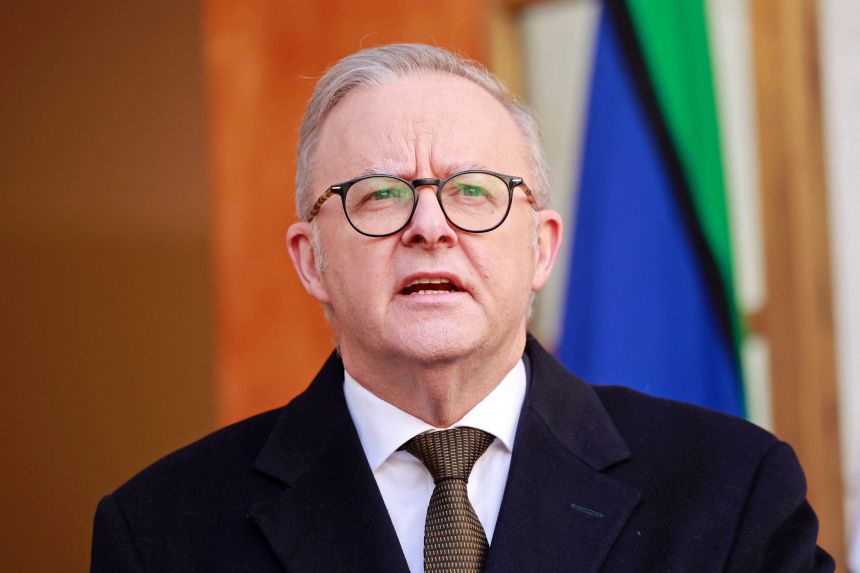Australia to support Palestinian statehood at UN in major policy shift

Prime Minister Albanese said recognition would depend on the Palestinian Authority meeting strict conditions.
Australia will back the formal recognition of a Palestinian state at the United Nations General Assembly in September, a move Prime Minister Anthony Albanese has called “a necessary step toward ending the cycle of violence” in the Middle East.
The decision, reached after a cabinet meeting on Monday, marks a shift in Australia’s long-standing foreign policy and aligns it with nations such as France, Ireland, Spain, and Norway that have already pledged recognition.
It comes as the humanitarian crisis in Gaza worsens, with thousands killed and many more displaced by the ongoing conflict.
Albanese said recognition would depend on the Palestinian Authority meeting strict conditions. These include excluding Hamas from any future government, disarming Gaza, and holding democratic elections.
“A two-state solution remains humanity’s best hope for lasting peace. The world cannot afford to wait for a perfect moment that will never come,” he told reporters.
At present, 147 of the UN’s 193 member states, about three-quarters of the global community, recognize Palestine. New Zealand is expected to make its decision on recognition before the September vote.
The policy change has drawn sharp criticism from Israel, with Prime Minister Benjamin Netanyahu describing it as “shameful” and warning it would embolden militants and fuel further unrest.
The United States has also maintained its opposition, insisting that Palestinian statehood must come only through direct negotiations with Israel.
Within Australia, the opposition has condemned the move as premature, saying it rewards those acting in bad faith and undermines diplomatic leverage.
The recognition push will be part of a wider agenda at the UN’s September summit, which will focus on reviving the two-state solution. The gathering follows a July ministerial conference co-chaired by France and Saudi Arabia, which produced the “New York Declaration.”
The seven-page document, endorsed by 17 nations along with the Arab League and the European Union, calls for an immediate ceasefire, the lifting of the Gaza blockade, and a halt to settlement expansion in occupied territories.
Both Israel and the United States have said they will boycott the summit, while its supporters see it as a crucial moment for advancing global diplomacy and Palestinian sovereignty.
